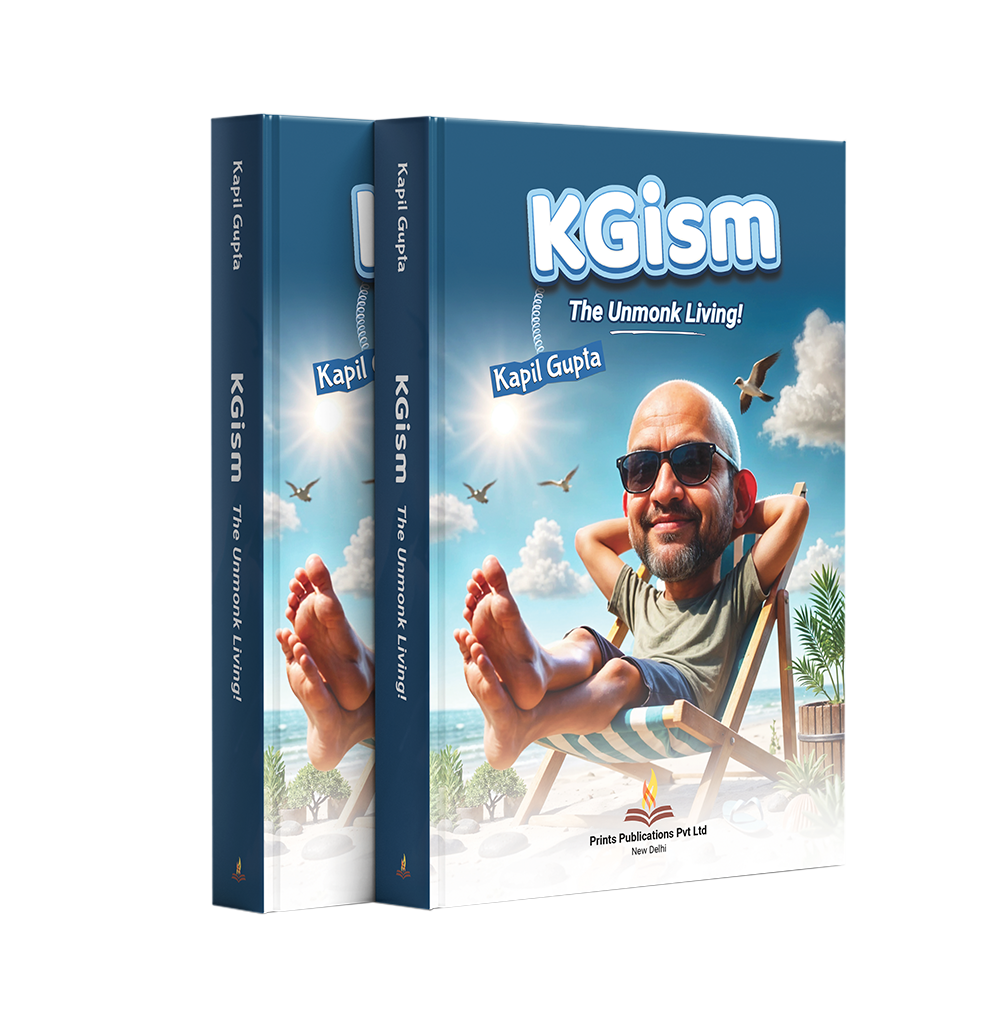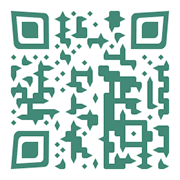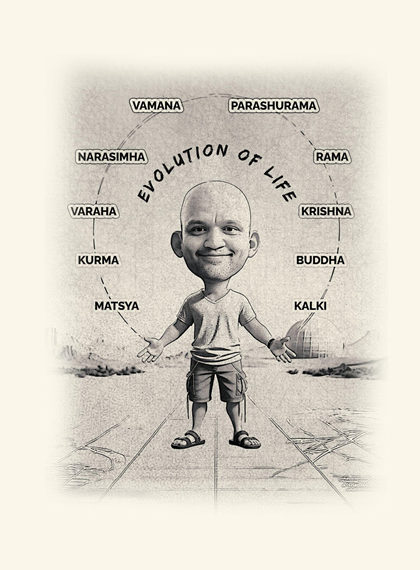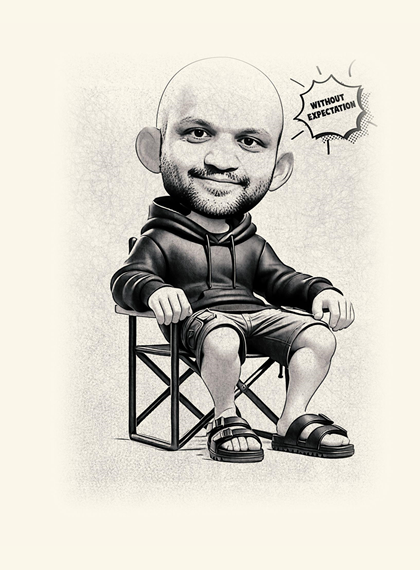They say people don’t change. Well, I’m here to prove them wrong. This book is my unapologetic guide to the changes that turned me into someone who’s mastered the art of being the happiest, most peaceful person in the room—without becoming a monk or giving up the good stuff. Welcome to “Unmonk Living.”
You remember that iconic Game of Thrones line? "Without Ramsay and Little Bird, I would always be the little bird." While that didn’t transform me (I’ve had enough of those moments in real life), it sums up my approach: there’s no such thing as a “bad” experience. Every challenge, every curveball life throws at you is just a quirky little detour, preparing you for something better. You either learn from it, or it flips into a win. Over time, I’ve mastered vibing with everything—yes, even the messy, awkward, or disastrous moments.
I’m one of the few people who doesn’t feel the cold. I’m not talking about loving winters (though I do), I’m talking about surviving Delhi winters in a T-shirt. I’m the only one in the office in a T-shirt while everyone else is bundled up in layers and heaters. I wear shorts to work almost every day, and I’m proudly underdressed. I live on rent in defiance of society’s obsession with owning property for “security.” I don’t believe in monogamy or marriage (got married at 23, nearly 25 years ago). I have a few more quirks, but I think you get the picture.
Some people love me. Some hate me. A select few don’t know what to make of me. Good. That’s exactly the point. I’m not here to be liked; I’m here to shake things up. I started life as one of three kids in a single-room setup in Delhi, sharing a bathroom with three other families. I’ve faced plenty of bullying, and I’ve never been the least smart person in the room—but I was always the odd one. Something about who I was and how I thought didn’t fit the norm.
From an early age, I’ve navigated a world where boundaries are blurred, where societal norms try to dictate how we should live, love, and pursue happiness. For the first two decades of my life, I obsessed over pleasing everyone around me—even at the cost of my own identity. I’ve had my share of trauma—yes, even sexual assault as a teenager. But those experiences don’t define me. They’re simply part of the myriad experiences that make me who I am. They’re not suppressed memories or worthless lessons; they’re just life happening.
Over the years, I’ve chosen a different path, one that champions personal sovereignty and celebrates the diversity of human experience. In hindsight, it was the best resilience training anyone could ask for.
Fast forward to now, and I live life entirely on my own terms. From not knowing a single IAS officer to working with and hanging out with over 100 Members of Parliament and global leaders, I’ve been around, from odd jobs to corporate gigs, to running businesses—keeping my sanity intact the whole time.
Am I the richest? The smartest? The “most anything” by society’s standards? Nah. Frankly, I don’t give a damn. What I do care about is this: I’m the happiest and most peaceful person you’ll ever meet. My belief system? It’s unlabelable (I know that’s not a word, but who cares?). Labels are prisons for the mind, and I’m all about breaking out of them.
The one label I rock unapologetically is that of an equality & fairness junkie. But not the checkbox kind. For me, equality isn’t about handing out privileges or creating a hierarchy of “deserving” people. It’s about forgetting the differences. Most people create circles of favoritism—family, friends, social groups. I don’t. My version of equality? No favorites, no layers. Just pure fairness, unfiltered. The kind that doesn’t rely on compassion or socialist privileges, but on everyone’s right to work hard, grow, and have a great life.
After two decades in digital marketing, I’ve become a sucker for clickbait, taglines, and headline phrases. KGism isn’t a set of commandments—it’s a call to define your own life. These principles have guided me, not as rules to follow, but as insights to help shape your own journey. They’re not dogmatic; they’re empowering.







